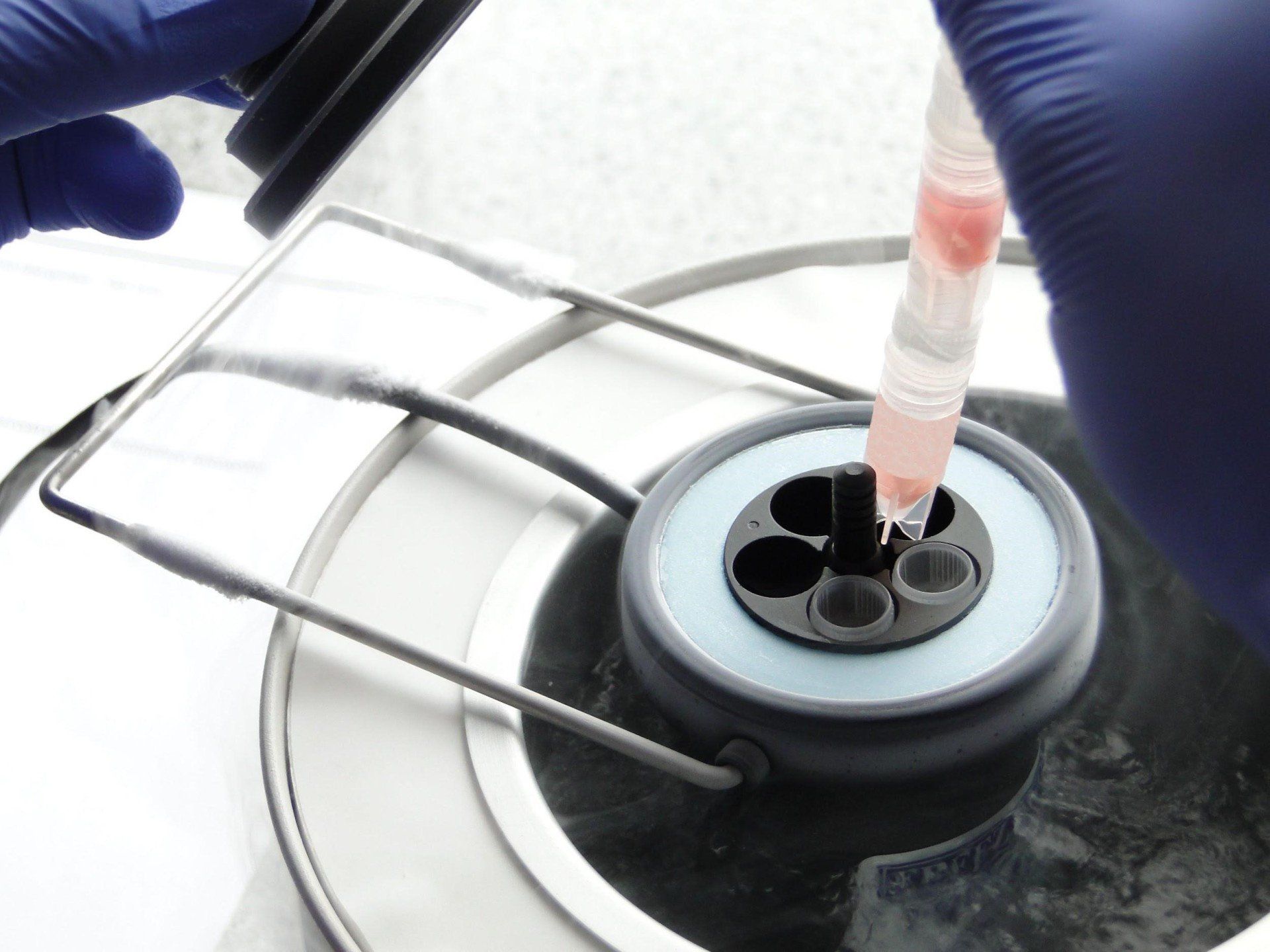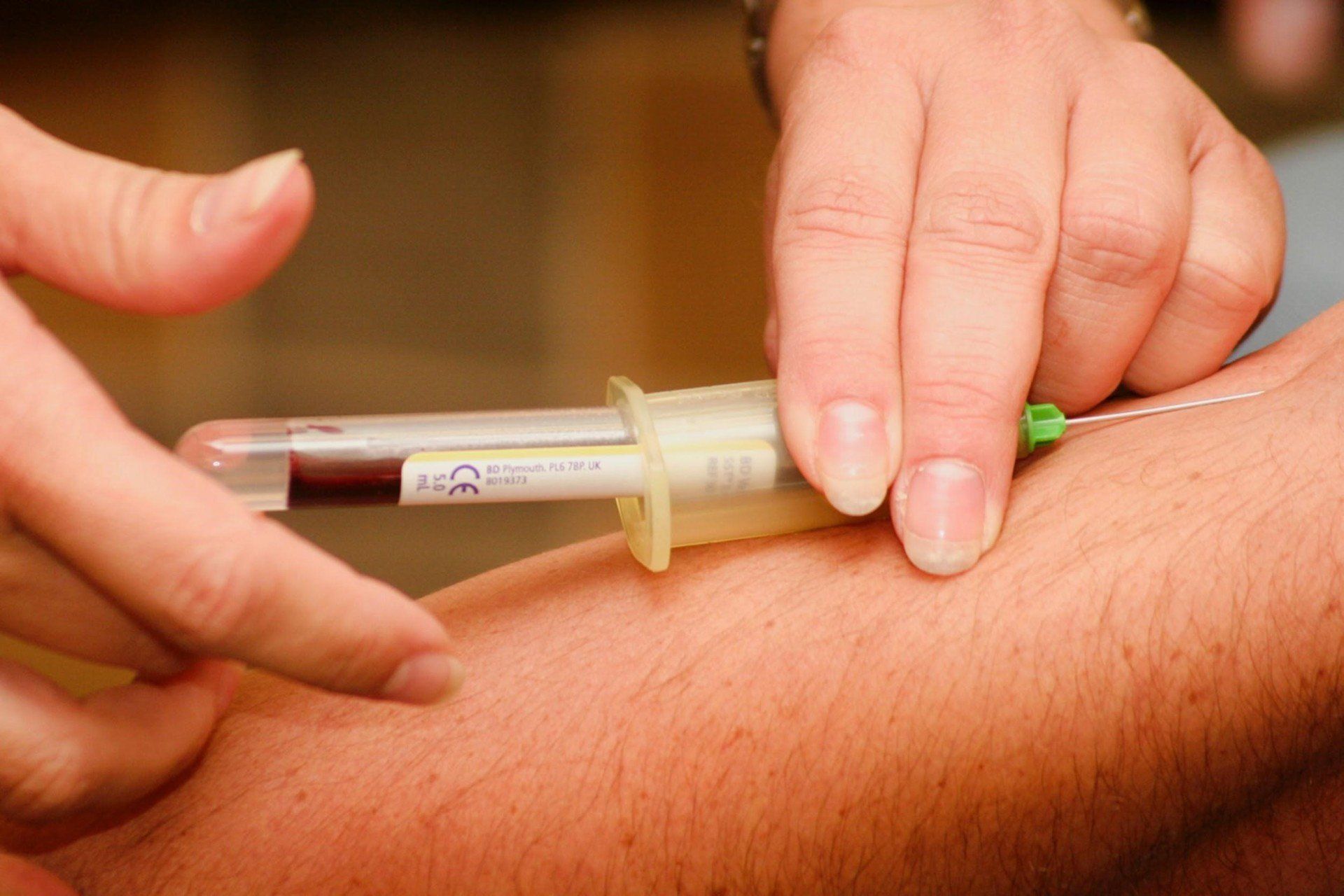What to Know About Failed IVF
For many couples dealing with infertility, IVF (or in vitro fertilization) is their best chance for conceiving a child. But unfortunately, this type of treatment isn’t a guaranteed success, and it can be disheartening for couples who experience failed IVF. Not only is IVF a significant financial commitment, but those who undergo it also sacrifice a great deal of mental energy due to the stress it can create.
If you are struggling to conceive through IVF treatments,
you deserve to know why it might be failing. Our team at Fountain of You has compiled some of the most common causes of failed IVF. Keep reading for more information.
General Causes of Failed IVF
Several things can cause this type of treatment to fail. It depends on your specific situation and personal factors. But, depending on what type of issues may have caused the failure, it’s possible to make adjustments that could prevent the same problem from occurring during future rounds.
Some of the most common causes of failed IVF include:
Implantation Failure
After an egg has been fertilized and an embryo has been created, the embryo is then implanted in the uterus. There are many reasons why it may not take, including issues with the embryo itself or a uterine lining that is inadequate to support the attachment of the embryo and growth. In some situations, the implantation process itself could be to blame.
Unsuccessful Fertilization
For an embryo to be created, a sperm cell must successfully fertilize an egg. However, sometimes this fails to occur even if both egg and sperm have been tested to be viable. In this type of situation, a certain variation of IVF known as intracytoplasmic sperm injection (ICSI)
may be beneficial.
Embryo Abnormality
If there are any issues within the embryo, which is quite common, it may fail to attach itself to the uterus. One of the most common types of issues is a chromosomal abnormality. The embryo may have a missing or additional chromosome, with the result being a failed implantation.
Non-viable Sperm or Egg
If one or both sets of genetic material are not viable, then fertilization will not occur. For couples that experience issues on this front, it may be worthwhile to consider egg or sperm donors. For women especially, the older you are, the more likely you are to experience non-viable eggs.
What to Do After a Failed IVF Treatment
If you have undergone one failed round of IVF, it may be worthwhile to try additional cycles. You are statistically more likely to conceive after subsequent rounds of IVF. It is also important to consult with your physician to determine what was likely the cause of your failed attempt.
Ask an Expert
At Fountain of You, we want to help you get the answers you deserve about the IVF process. So, if you want to learn more about IVF, ask an expert through us today.
It’s simple. Just type your question for the doctor on our website and the doctor will respond with accurate and helpful information.
For those struggling to get pregnant, finding something that works can seem impossible. That's where IVF comes in: IVF, or in-vitro fertilization, helps with fertilization and embryo development so pregnancy is possible. In IVF, a woman's eggs and a man's sperm are combined in a laboratory to create an embryo. Then, the embryo is transferred back to the woman to increase the chances of pregnancy. IVF can be used for couples experiencing infertility, same sex couples, and single women pursuing motherhood. If you're curious about the process, how it works, and potential costs, read more about it below.
IVF, also known as in vitro fertilization, is a special type of fertility treatment and is also the most common form of assisted reproductive technology (ART) . This type of medical procedure has been around for several decades and has enabled hundreds of thousands of couples to conceive children. If you are considering this type of fertility treatment or would just like to learn more about it, our team at Fountain of You has compiled some IVF facts that are often left out of mainstream discussions of this topic. Read on to learn more about this treatment, its history, and how it may affect you.
The article is a one-stop-shop for all the details about IVF, also known as in-vitro fertilization. You'll learn how long the process regularly takes, along with all potential IVF side effects. The purpose is to provide you with information so that you can make an informed decision. If you have any specific questions not answered in this piece, feel free to contact our office. We would be happy to respond to any queries.
The decision to become a single mother is a challenging one. Maybe you had envisioned having a partner at this stage in your life but haven’t found that special person. Yet you’re ready to have a child, even if it’s on your own. Fortunately, it’s possible for you to fulfill your dream of being a mother with or without a partner. IVF for single women makes your dream a reality. Here's everything you need to know about this miraculous process.

Freezing eggs is medically known as oocyte cryopreservation. It is the procedure in which a woman's eggs are extracted, frozen and preserved to retain their ability to reproduce at a later age. Freezing eggs has gained popularity among many young women that want a chance of motherhood later in life. Below are a few reasons why women freeze their ovum, as well as things to consider if you decide to freeze before IVF.

Some couples endure unforeseen struggles when starting their families. Sometimes, they need to turn to IVF treatments due to prolonged difficulties with conception. Couples often go overseas in search of IVF. Oftentimes, patients seek IVF in places outside of their home countries like Bangkok due to factors like: More affordable care A higher percentage of positive treatment outcomes compared to a patient's home country A wider range of IVF treatments are available More esteemed doctors in the reproductive endocrinology and infertility (REI) field Here, we will outline how our IVF treatments in Bangkok can help you conceive.






